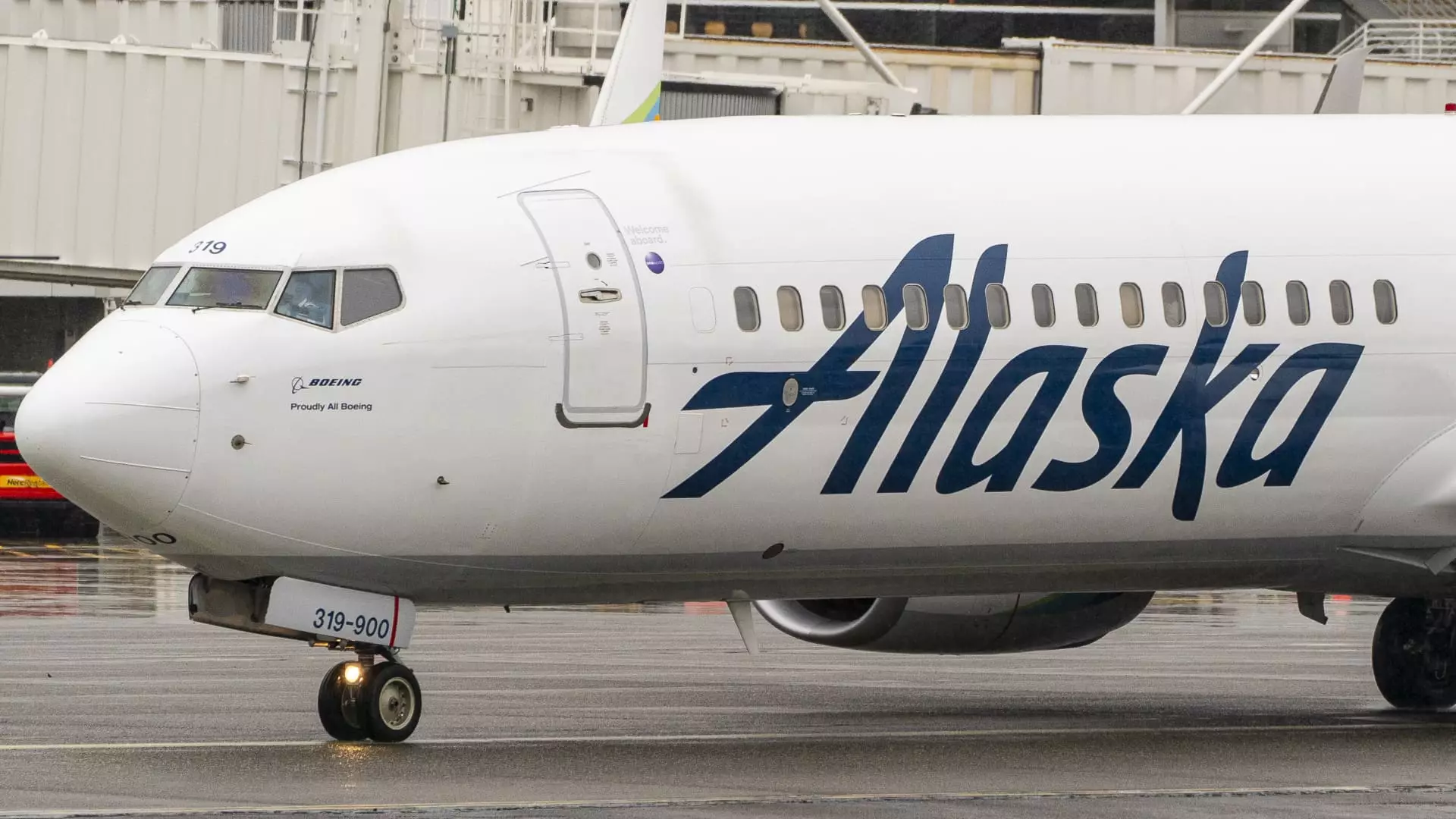Alaska Airlines flight attendants recently made headlines by rejecting a new labor deal that would have brought immediate raises averaging more than 24%. The union representing the flight attendants stated that despite a tentative agreement reached in June, there is still more work to be done. The rejection of the deal has set the stage for further discussions between the union and the company.
The rejected labor deal comes at a crucial time as Alaska Airlines is in the process of a merger with Hawaiian Airlines. The uncertainty surrounding the future of the airlines makes the negotiations even more significant. Both sides are now faced with the task of addressing key issues and finding common ground to move forward.
The push for better pay and working conditions is not unique to Alaska Airlines flight attendants. Across the airline industry, workers have been advocating for salary increases and improved terms of employment. The impact of the Covid-19 pandemic on the industry has brought these issues to the forefront, leading to more intense negotiations between labor unions and companies.
Salaries and fuel costs are significant challenges for airlines, making labor negotiations all the more complex. While pilots at major carriers have been able to secure deals in recent years, other airline workers, including flight attendants, continue to strive for better pay. The rejection of the labor deal by Alaska Airlines flight attendants is a reflection of the ongoing challenges faced by workers in the industry.
As the union surveys its members to determine key issues, both sides will need to come back to the table to find a resolution. Alaska Airlines has emphasized its commitment to reaching an agreement that recognizes the important role of flight attendants and contributes to the long-term success of the airline. With other airlines like American Airlines also negotiating new contracts with their flight attendants, the industry as a whole is navigating a period of change and uncertainty.

